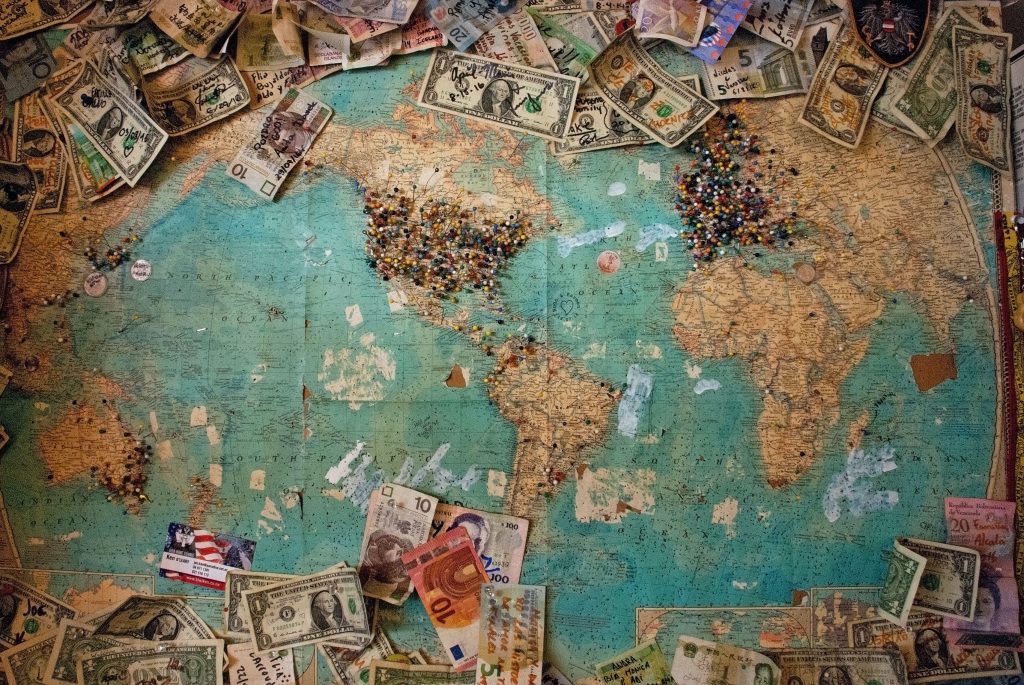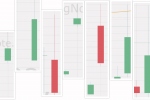
It is official, when liquidity is not properly channeled to the right avenues in the economy, it turns into the trash that pushes up asset prices in the limelight. Evidently, we have entered an era when people who practically rip off the rest of the world via toxic forms of “investing” have become the geniuses of the investing world. Also, investing in healthy fundamentals is not only considered dumb but also impractical as the returns are in fact minuscule compared to the lights of stocks with PE ratios of more than 100. So what now? Has investing transformed into a nonsensical endeavor or will the day of reckoning come soon enough to wake those who are delusional up. My guess is that while this persists, the noise in the investing community will continue raving as they fuel their hopes with greed and idealism.
Money printing is not an effective method to solve economic crisis anymore
I recall Charlie Munger said in a CNBC interview, “there will come a time when printing more money will become counterproductive.” To make this statement complete, Charlie also mentioned that “the market will sooner or later resolve this problem on its own”; I assume he referred to Adam Smith’s invisible hand. Listening to the wise investor explain this phenomenon, I felt a worrying sense of doubt as people of the world are both forgetful and adaptive at the same time. This means that no doubt the rich-poor divide will continue to widen, it will soon become the new norm and people will again forget about it. As for the lasting impacts of inflation and low-interest rates, the government will soon come up with a creative new technique to keep the lower strata of society tamed and the middle class satisfied. All that to prolong a few more years or a decade before the next crisis. After all, the problem will fall on the next government eventually.
Cash and Credit are facing an identity crisis
Just a few decades ago, using debit cards instead of credit cards meant that you are wise and prudent. In fact, there have been tonnes of negative connotations attached to using credit cards in the past. Fast forward to today, credit cards are not only common but also the wiser choice to purchasing goods and services as they reward spender with cashback and kickbacks. As a result, the world has been flushed with a huge amount of credit such that credit can be treated synonymously as cash. This unthinkable scenario (a few decades ago) has proven nothing more than human’s limitless ability to adapt to the future so long as they feel it can potentially benefit them. At the end of the day, so long as everyone continues to treat credit as cash, the banks will continue to liberalize loans and reduce the cost of borrowing to make more people buy more things and be tied down to endless debt. The impact of more borrowing and cheaper money will create an illusion that people are getting wealthier as they are able to afford more expensive products and assets over time.
How is this sustainable and why would people continue to work for “trash”?
Perhaps one day, mankind will be so in debt that there will be a write-off of sorts to solve the problems caused by massive defaults. But before we go down that rabbit hole, let’s consider a more plausible outcome in the near term. Essentially, more people will be in debt such that they will have no time to realize that they have been yet again enslaved at a deeper level. Personally, I feel that debt will become so normal that not having a debt to your name makes you a sucker in society. When that day comes, people will take on increasing amounts of debt to fuel their lifestyles with little consequence (ultra-low interest rates). Hopefully, people will still be willing to work for cash(trash) as they will be able to amplify that with credit to live a more comfortable life.
Closing Thoughts
There is no way to imagine what will actually happen in the future other than believing that we will all embrace the new norm eventually. Surely there will be some who will resist to prevent a worsening credit crisis. But as we progress towards a world where credit becomes increasingly accessible, then we will have no choice but to accept the fact that it will only be fair if everyone gets an equal “write-off” in the future. By everyone, I mean individuals, companies, and ultimately governments so I presume that when the day comes, few will resist that deal of a lifetime.






